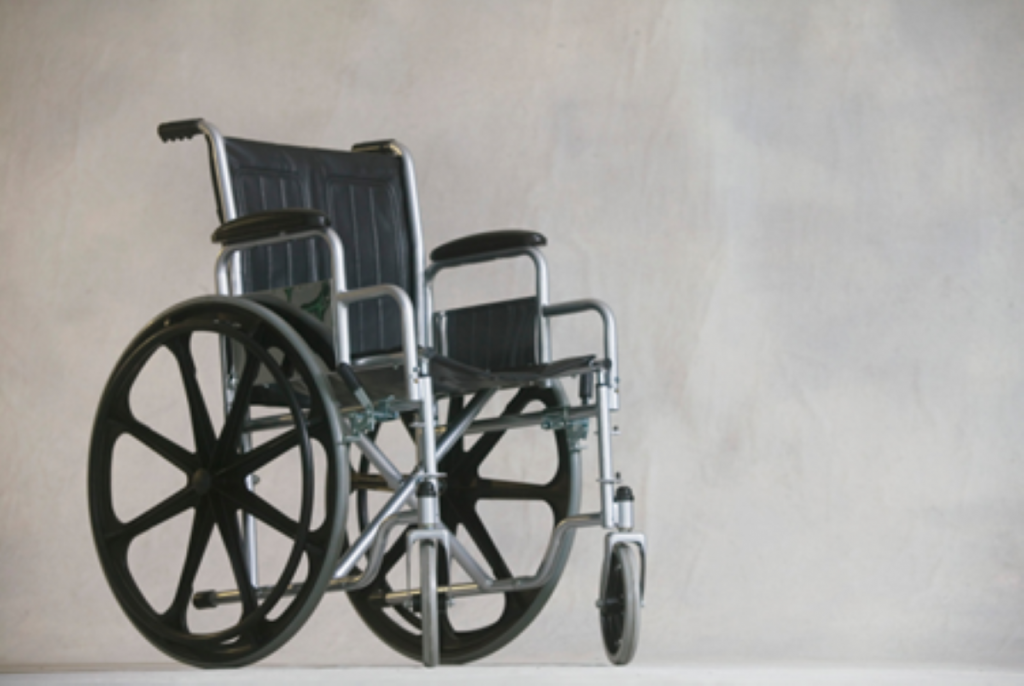The tyranny of the 20 metre test: Atos presides over hated change in disability benefit
Disability groups warned of misery for thousands today, after the government started replacing disability living allowance (DLA) with new tests which would rule out assistance if someone can walk more than 20 metres.
The payment is being replaced with the personal independence payment (Pips) in the north of England, in a plan which will gradually be rolled out across the country.
The government is facing a judicial review on the new rule that anyone able to walk 20 metres, with or without sticks, would be ruled out of the benefit's enhanced rate. The change, which was downplayed by ministers, is particularly concerning for MS sufferers.
There are also concerns around the role of Atos, the French IT business which commands little confidence among the disabled after it found people with terminal cancer and other serious illnesses were fit to work.


A third of Atos' decisions have been overturned on appeal.
Campaigners also say the new system does not look at the relative cost of living for different sufferers. For instance, a person in a wheelchair living in a city, where there are considerable disabled access provisions, will receive the same payments as someone using a wheelchair in the countryside, where provision is much harder to come by and everyday living is more difficult.
Government ministers insist the new system is designed to give more support to people living on DLA, but campaigners point to the explicit cost-cutting element in the programme as proof that its primary purpose is belt-tightening.
Pips are specifically designed to save 20% of the existing budget by 2015/16.
The actual amount spent will stay largely the same but the expected increases over the next few years will probably be avoided under the new system.
The main method of achieving the savings is through regular assessments. Under the current system, people who start receiving the payment rarely come off it.
"Seventy per cent of people on it have lifetime awards which means no one sees you ever again. It doesn't matter if you get better or your condition worsens – it's quite ridiculous," Iain Duncan Smith told the Daily Mail.
"Taxpayers pay out £50 billion in sickness and disability benefits – we're ahead of pretty much every other major country in the G20.
"So this is not exactly what you would call harsh – this is quite reasonable to get it back under control and stop the unnecessary growth levels and make sure people who seriously need it get better payments and people who don't will get less."
Just under three million people receive the payment, which costs £13.5 billion. Ministers hope to save £2.2 billion.
The increase in the price of the DLA bill comes partly as a result of the growth in the population and the inclusion of people with mental health problems and learning difficulties in the range of potential claimants.
There is little evidence of fraud in the system.
The process of moving the 3.3 million claimants from DLA to Pips is expected to take approximately two years.

